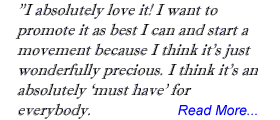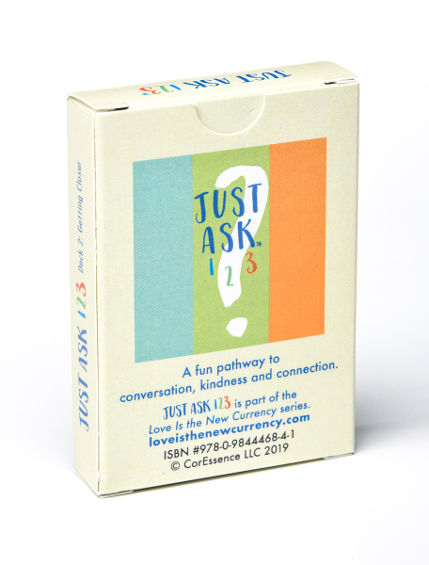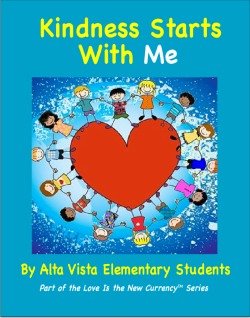In the United States, the pursuit of happiness is stated as one of our inalienable rights in the Declaration of Independence, yet I can’t remember the last time that it was an expressed consideration in developing our government policies.
In contrast, in the Himalayan country of Bhutan, with its predominantly Buddhist culture, the focus of its public policies is the GNH – Gross National Happiness Quotient. King Jigme Singye Wangchuk, who coined the term in 1972, believed “Gross National Happiness is more important than Gross National Product.” It was later supported by his son, who took over the throne in 2006. The Fifth King of Bhutan states: “Our most important goal is the peace and happiness of our people.”
Gail Gordon, a friend of mine who visited Bhutan, found the residents, most of them living off the land, to be friendly and happy. Gail says, “There is no crime in Bhutan where citizens have a respect for nature, the cycle of life, and their fellow man.” She would often see signs on cars that read, “I love my king.”
 According to Wikipedia, this Buddhist culture considers the key components of happiness to be: “physical, mental and spiritual health, time-balance, community and cultural vitality, education, living standards, good governance and ecological vitality.” Surveys of a segment of the population are done twice yearly to ensure that these values are afforded Bhutan’s citizens.
According to Wikipedia, this Buddhist culture considers the key components of happiness to be: “physical, mental and spiritual health, time-balance, community and cultural vitality, education, living standards, good governance and ecological vitality.” Surveys of a segment of the population are done twice yearly to ensure that these values are afforded Bhutan’s citizens.
Perhaps when elected officials in the United States can put aside their individual differences and political agendas to support the well-being of its citizens, the pursuit of happiness will feel like a more attainable goal.
We might ask: how can we as individuals, and as a nation, incorporate happiness as a key measure of our wealth and welfare?
The findings of a happiness study conducted by Harvard Medical School’s Professor Christakis, and James Fowler of the University of California in San Diego, stated that when individuals are happy, it triggers a chain reaction that can affect others up to three degrees, and last for up to a year. Their study of 5000 individuals over 20 years revealed that “happiness spreads through social networks like an emotional contagion.”
If you knew that your happiness could positively affect not only your friends and those around you, but their friends … and even friends of friends … would you not want to be contagious for a good cause?
Revised excerpt from the book Love Is the New Currency by Linda Commito, available at Amazon.com.











For the “unhappy” millennials there is a new app, Happify. Can you stand it?!? Well what ever works. Too many people don’t live a balanced life. You don’t need to live in Bhutan, you just need to allow time for body mind and Spirit each day. My 2 cents.